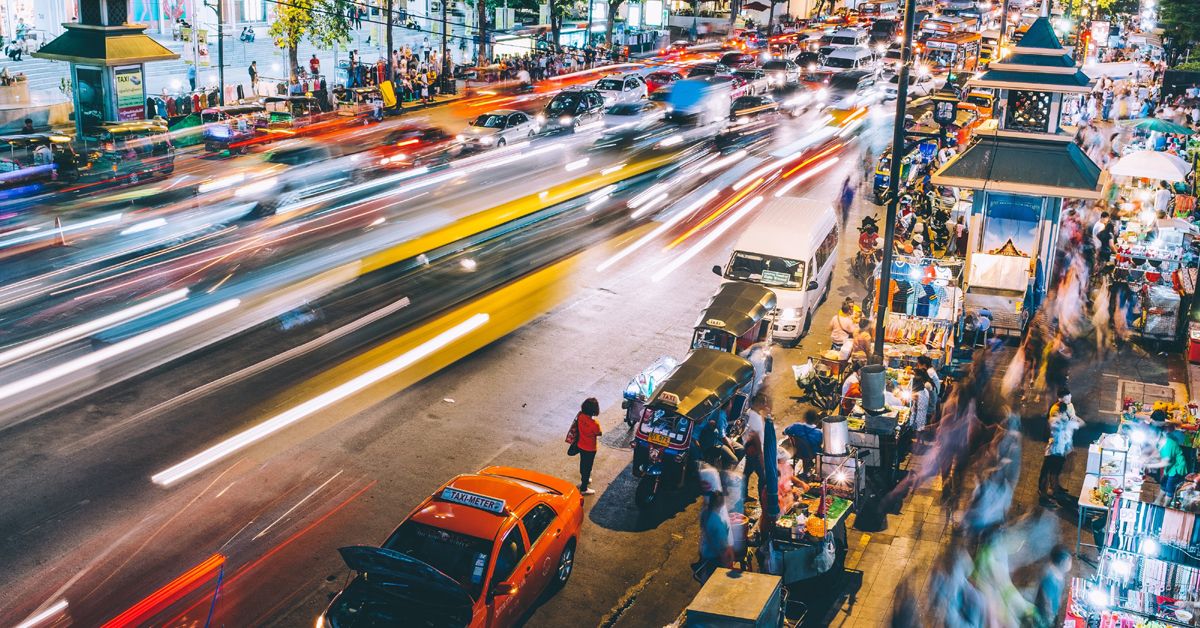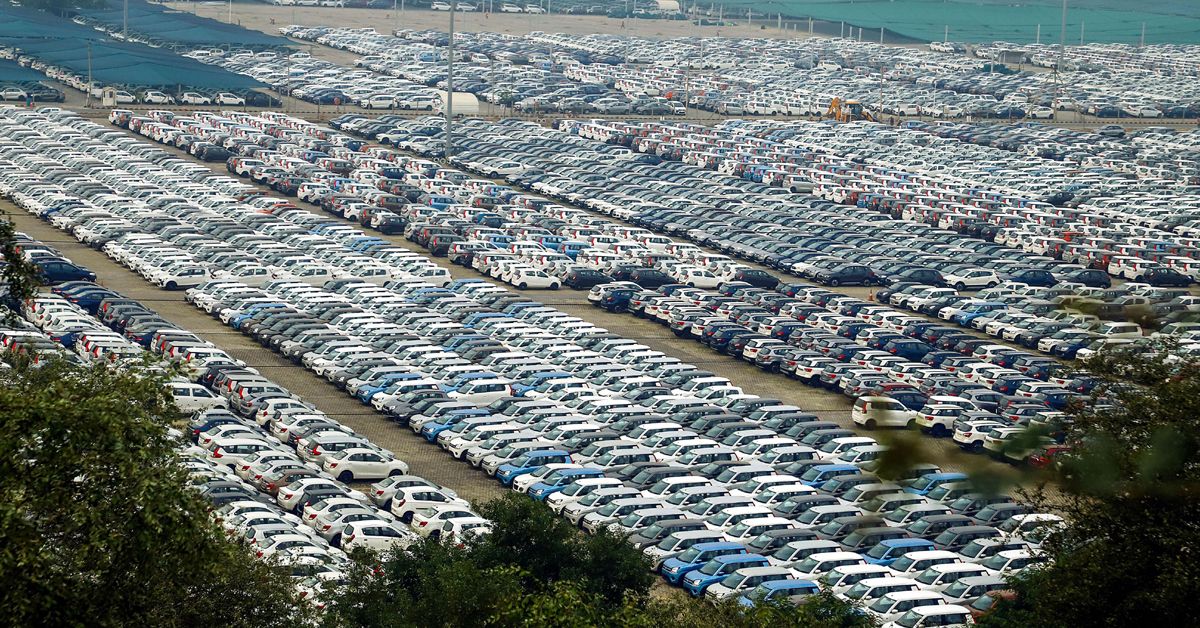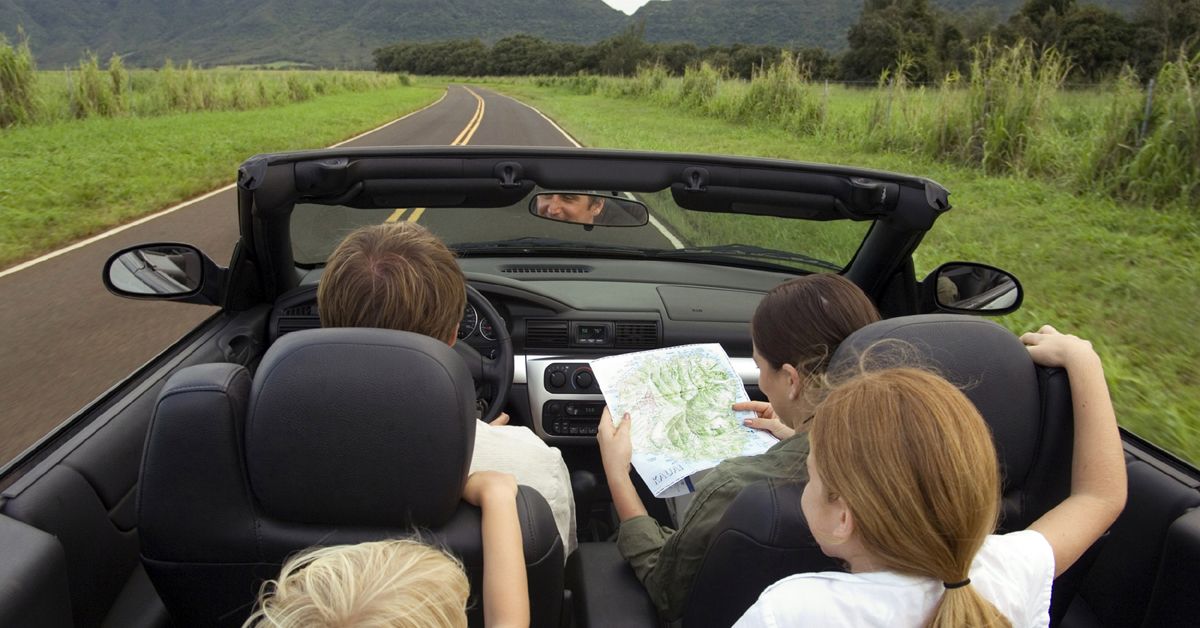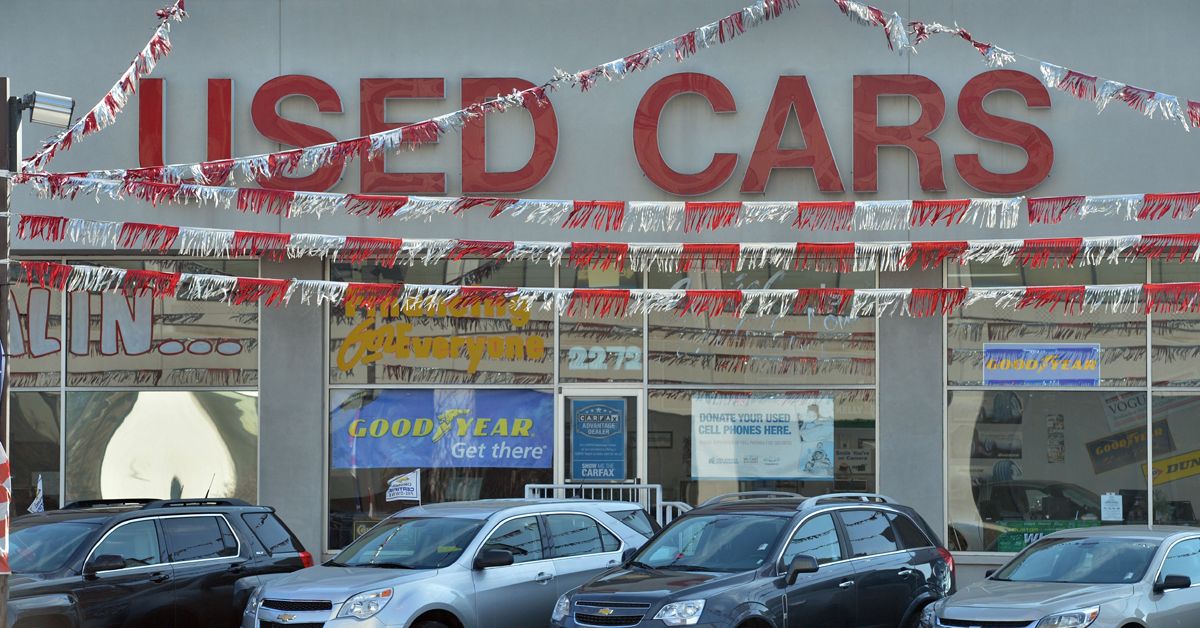If there’s anything that the pandemic has taught us, and mind you, the lessen is not over yet, is that stability is a pipe dream. From an absolutely normal if hellish 9-to-5 life, cities, and nations ground to a halt. The public transport system was deserted and lockdown enforced that even the most loved rides were nothing more than garage ornamentation.
Face it, we humans, are a mobile lot. We love to travel, drive, move, and often the faster we do it, the better. So, we buy cars. From ridiculously priced sports cars and hypercars to economy passenger cars, SUVs, and pickups to finally the current brand of the environmentally-conscious new and up-comers, the EVs. We buy them all.
But the Coronavirus pandemic and its continuing ripples have created a world of uncertainty, and there is a new car culture in town because of it, the pandemic automotive subculture. What does it mean though?
Does it mean fewer cars on the road? Or more? Does it mean people can no longer afford cars? Or that lesser sales will drive the price of cars upwards? As we said before, stability is now a pipe dream, so this is what the pandemic auto culture may end up looking like for us all.
We Might Be Entering A New Malaise Era
In the ‘70s, the automotive market was hit by a series of whammies. Beginning with the Gulf oil crisis, then sudden emission control regulations, a change in horsepower output calculations, and finally, consumer disinterest in buying anything that stretched out already thin pockets or wanted too much gas.
The result was that car making turned on its head. The much-haloed muscle cars now languished in dealerships and garages and everyone wanted a car that came with a modicum of comfort and a lot of fuel economy.
While this let the Mustang cruise through because of reinvention, it also led to the demise of many nameplates, and many marques slowly fizzled out in the later years and decades, never really recovering from the losses they faced in the ‘70s and the ‘80s.
This also gave rise to less R&D which led to cars like the Ford Pinto, Chevrolet Vega, and much other well-selling trash.
And this is where we might be, today. At the precipe of another malaise era brought down by the simple fact that the more you travel, the more your risk of contracting a virus that is proving to be fatal to many. So people are not driving all that much, at least for the work commute, and cars are parked more often. Less need means lesser sales and so automakers, facing another downward spiral may put a stop to R&D and just stick with the brands they have, for now.
But is there a silver lining to it all?
The Rise Of The Family Car
The more you use public transport, the more your risk of contracting the virus, simply because traveling en masse puts you in contact with way too many people. You can wash your hands, mask up and sanitize till you are blue in the face but the more contact you have with people, the more the chances of you becoming part of millions infected by COVID-19. What does this mean?
It means that instead of taking a plane ride, or a train journey, or even the bus, people now prefer to travel in the safety of their own vehicles.
Even those who took the tube or the metro or the subway, whatever it may be called in your part of the world, would much rather prefer to independently get to where they need to. And that means that for holidays, the family car is a secret weapon. And for the office commute, the small city car (read the EV) and the bike may be your strongest defense mechanism, next to CDC advisories.
More than the car, the public transport system may be at risk today. But, there is always the financial issue looming large.
People Can No Longer Afford Their Cars
The pandemic has slashed salaries across the board for many, many professions. So sure, the health sector is booming, and by that we mean pharmaceutical more than the caregivers, and so is IT. IT has brought the world closer together, at a time when physical distances have become more necessity than choice.
The countries that vaccinate faster, may recover faster but then again, not everybody is on the same page on such a touchy subject like shots.
That aside, lesser salaries mean mortgages and auto loans start to pinch and hurt. For anyone who had put down on a car that they can no longer afford, selling it becomes the wise option. With a surge in the used-car market, conversely, this means that used cars will go down a lot cheaper than before, and it will soon become a buyer’s market.
But the fact remains, cars today, are more a weapon against Coronavirus than anything else and this protective cocoon may just strengthen car culture across the world. It just may happen in a way not seen before.
Sources: TheConversation, CarandDriver




